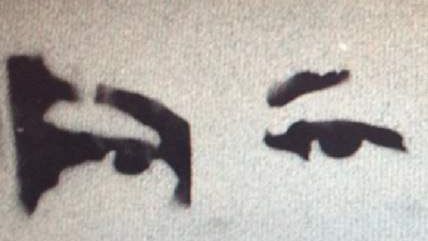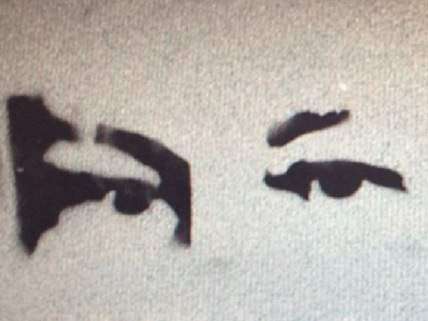High Inflation, Toilet Paper Shortages Are a Small Price for an Oil-Rich Venezuela to Pay for Socialism and Screwing the 'Wealthy'
Some Western leftists still defend Venezuela


While the Western media may be squarely focused on the crisis in Ukraine, especially now that there's a recognizable "villain" in Russia, protests in Venezuela continue even as the government holds on to power. In Venezuela, Hugo Chavez spent 14 years as president, building his idea of a "Bolivarian" socialist revolution. During that time, he became something of a darling to some Western leftists. Then he died and was replaced by Nicolas Maduro, his successor, who barely won the presidential election last year despite mobilizing even the defense ministry for his campaign. Venezuela is one of the most oil-rich countries in the world, but you might not be able to tell by its economic condition, especially since Maduro took power. The country has experienced shortages and price controls on everything from toilet paper to used cars.
As usual, even with a bounty of natural resources, socialism, a system that rejects economic realities and laws, was bound to fail. And as the veneer of chavismo is chipped away by the ham-handed Maduro, Venezuela's government is finding less allies in the West ready to defend it. Enter Mark Weisbrot, a Westerner who will likely never have to live under the nightmare that is full-throttled socialism, writing for the Guardian with a vapid defense of Venezuela's government. Forget the price controls, forget the state violence (it was provoked, according to Weisbrot), forget the arrest of a prominent opposition leader (the Venezuelan government is only being "portrayed" as repressive), Venezuela is not Ukraine, writes Weisbrot, because the conflict in Venezuela is about rich vs. poor, left vs. right. You can read the whole cringe-worthy thing here, but I'm only going to subject you to the closing:
Opposition leader Henrique Capriles tried to bridge this divide with a makeover, morphing from his prior right-wing incarnation into Venezuela's Lula in his presidential campaigns, praising Chávez's social programs and promising to expand them. But he has gone back and forth on respect for elections and democracy, and – outflanked by the extreme right (Leopoldo López and María Corina Machado), last week refused offers of dialogue by the president. At the end of the day, they are all far too rich, elitist, and right wing (think of Mitt Romney and his contempt for the 47%) for a country that has repeatedly voted for candidates running on a platform of socialism.
Back in 2003, because it did not control the oil industry, the government had not yet delivered much on its promises. A decade later, poverty and unemployment have been reduced by more than half, extreme poverty by more than 70%, and millions have pensions that they did not have before. Most Venezuelans are not about to throw all this away because they have had a year and a half of high inflation and increasing shortages. In 2012, according to the World Bank, poverty fell by 20% – the largest decline in the Americas. The recent problems have not gone on long enough for most people to give up on a government that has raised their living standards more than any other government in decades.
"Most Venezuelans," writes Weisbrot. It's the kind of intellectual dishonesty you can expect from the leftist apologists. Remember, Maduro defeated Capriles by a razor-thin margin, something successors of popular leaders are usually able to avoid. But who cares when class warfare can be waged? The "47 percent" might as well be treated like the "1 percent." Weisbrot conveniently whitewashes the sorry state of affairs in Venezuela, because he gets to live in a first world country where the every-day worries of Venezuelans are largely unimaginable. It's not just high inflation and shortages, for example. Venezuela has among the weakest rule of law in the world, according to the World Justice Report, with more than half of government officials involved in corruption and three-quarters of Venezuelans feeling unsafe in their neighborhoods at night. Crime soared under Hugo Chavez, and Venezuela is now one of the most dangerous countries in the world; there were nearly 28,000 murders in 2013.
The ongoing protests in Venezuela, while largely ignored in the Western media, do in fact have something in common with the protests that happened in Ukraine: they were both sparked, at least in part, by a government that was out of touch with people. In that way, Weisbrot provides a useful lesson in how blind adherence to ideological dogmas leads to government leaders, policy analysts, and other political operators to be so out of touch with the people their politics and policies hurt. The quest for socialism is only democratic insofar as a razor-thin majority can impose its will on a minority not much smaller than it, in the name of class warfare or envy or some twisted misappropriation of social justice.


Show Comments (103)